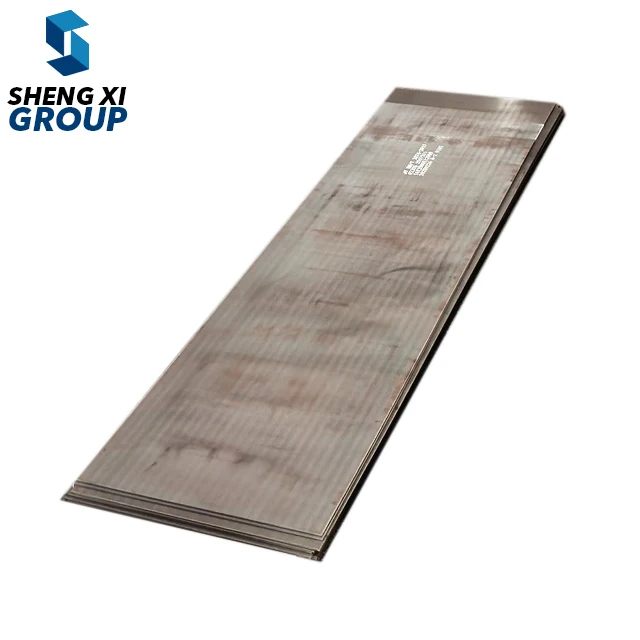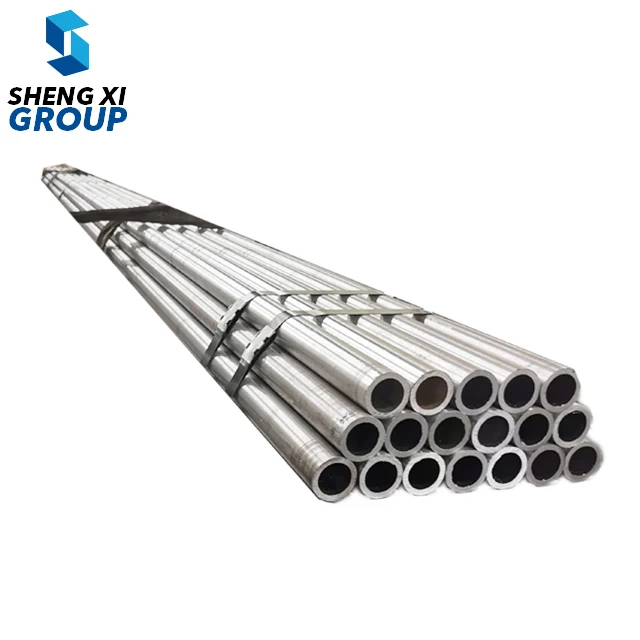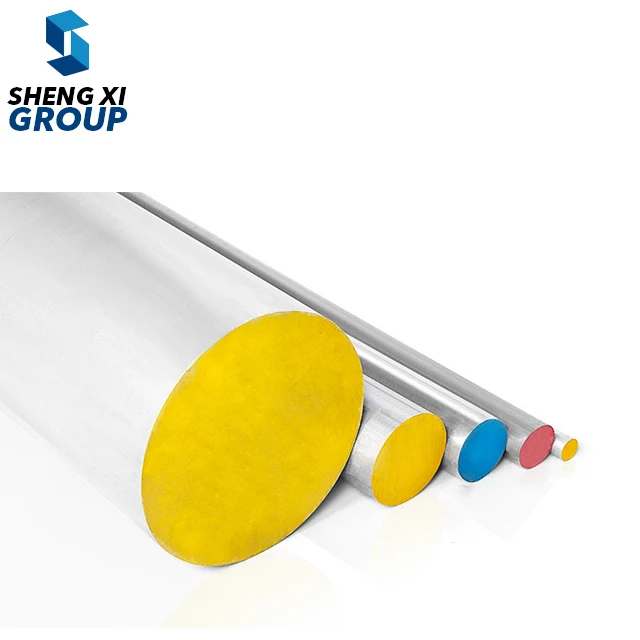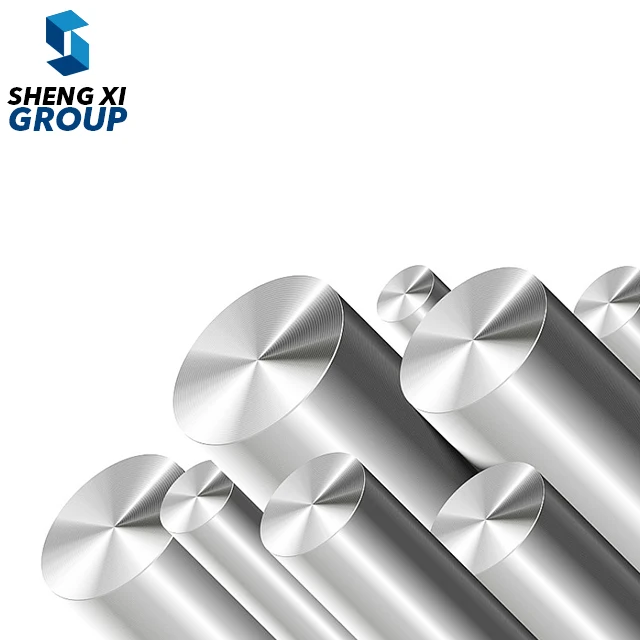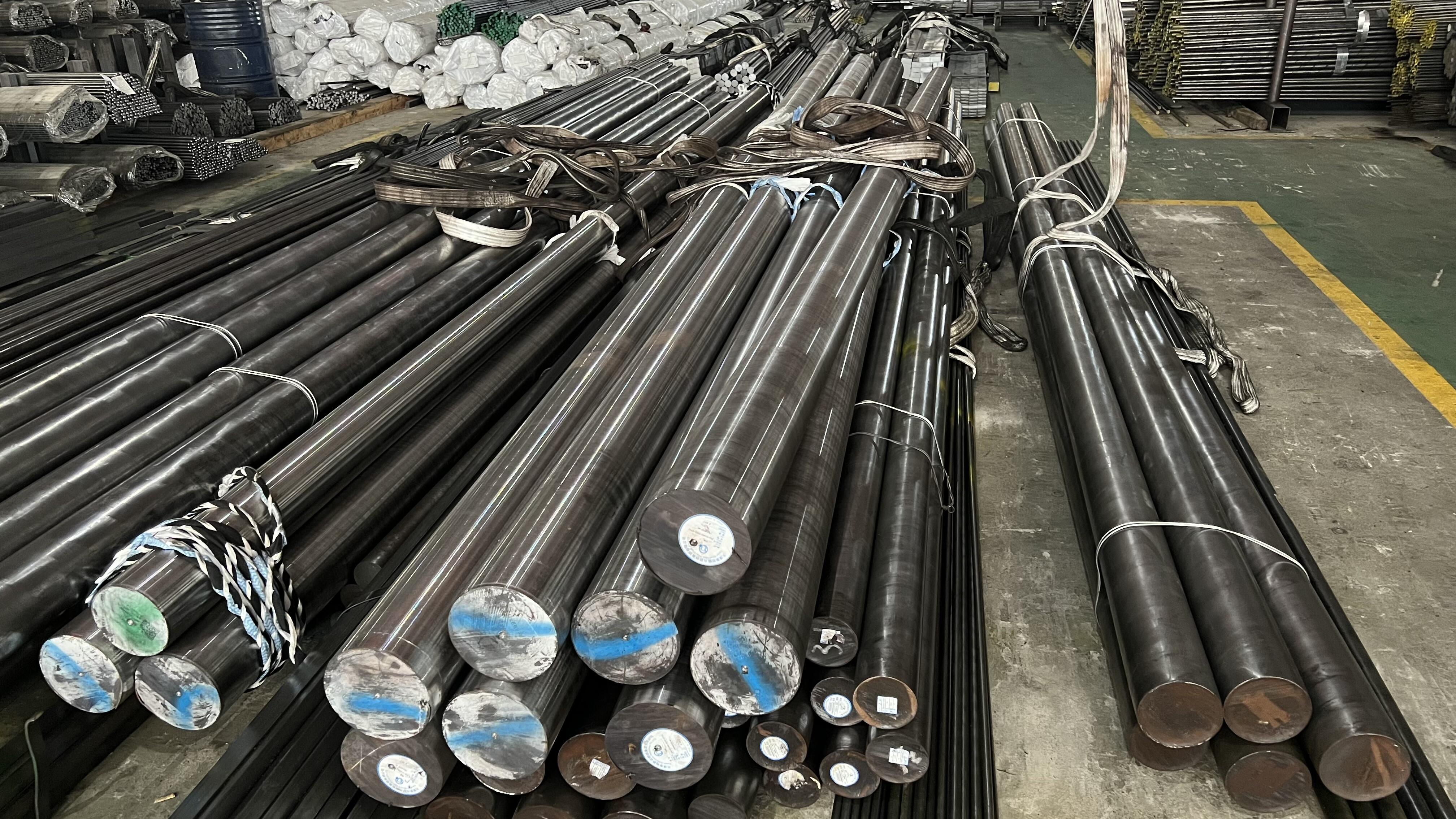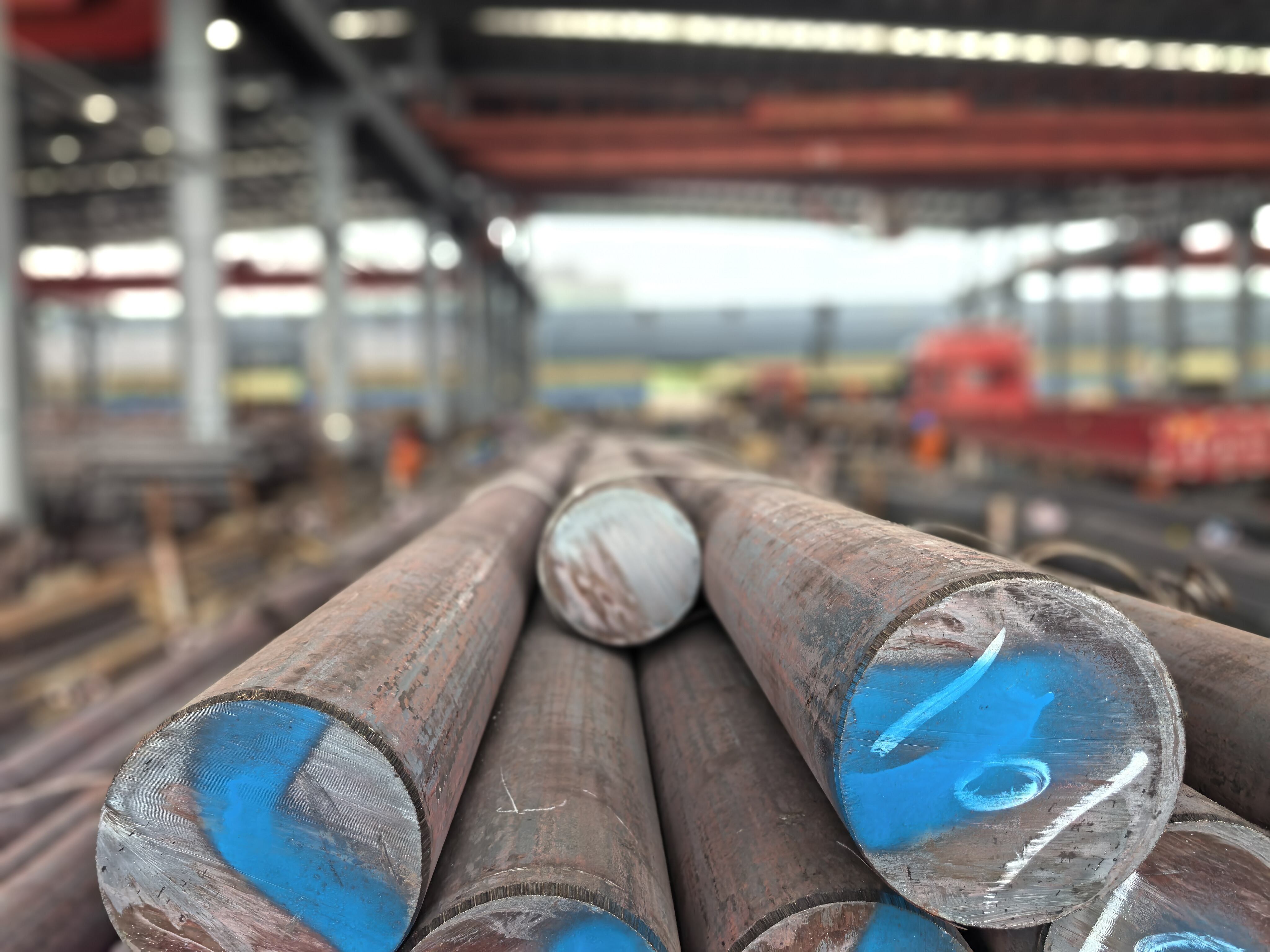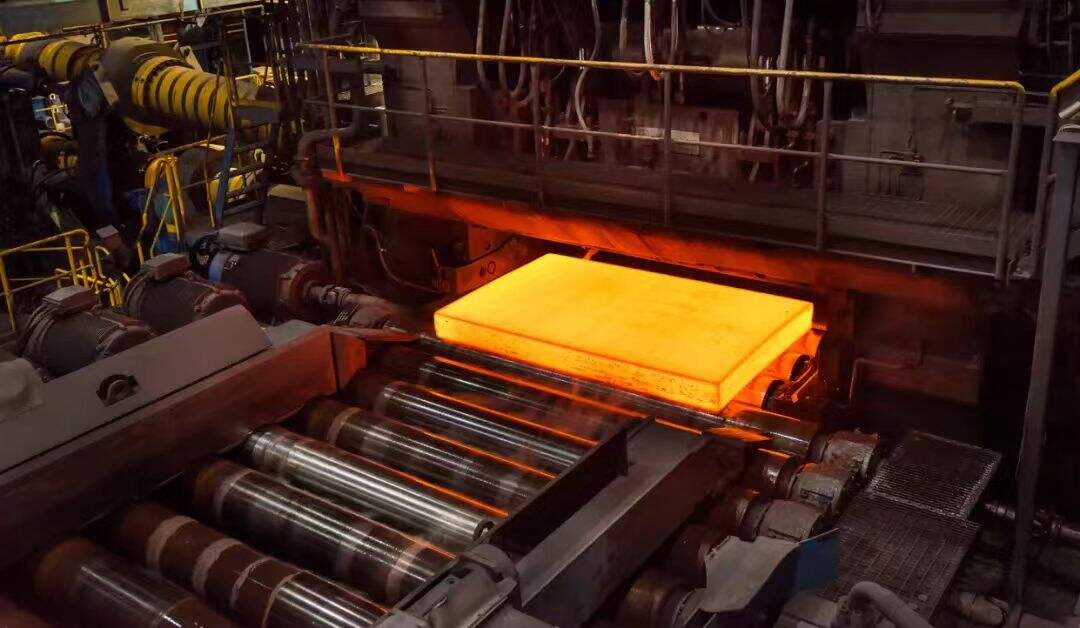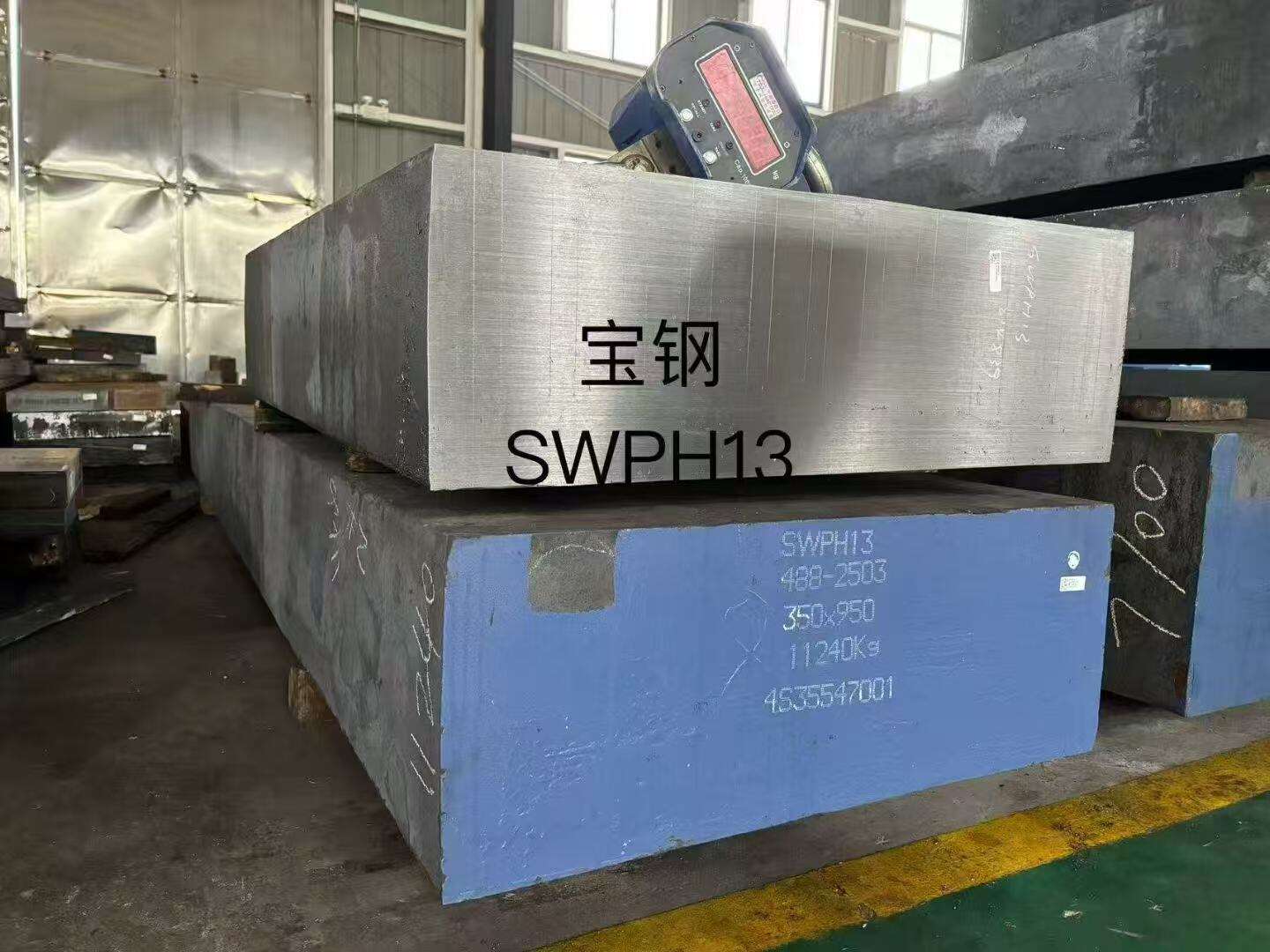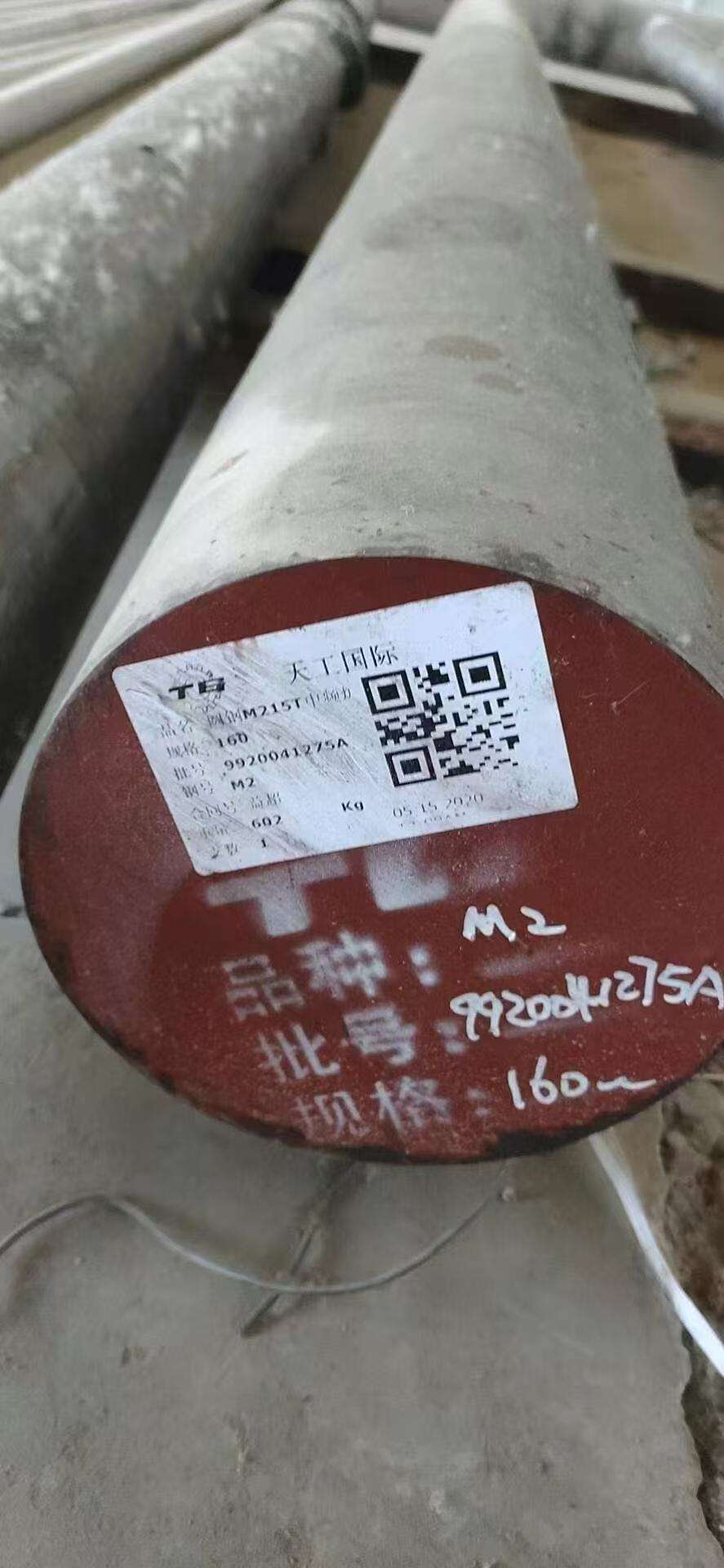Superior Wear Resistance and Extended Tool Life
The outstanding wear resistance of 1.2379 steel stems from its carefully balanced chemical composition and refined metallurgical structure, making it an exceptional choice for demanding manufacturing applications. The high carbon content, combined with significant chromium levels, creates a matrix of hard carbides distributed throughout the steel structure, providing superior resistance to abrasive wear and surface degradation. These carbides act as microscopic armor, protecting the tool surface from wear particles and maintaining cutting edge integrity over extended periods. Manufacturing facilities report tool life improvements of 200-400% when switching from conventional tool steels to 1.2379 steel, resulting in dramatic reductions in tool replacement costs and production downtime. The steel's wear resistance remains consistent across varying operating conditions, including high-speed operations, intermittent cutting cycles, and continuous production runs. This consistency allows production managers to schedule maintenance intervals more accurately and plan tool inventories more efficiently. The extended tool life directly correlates with improved surface finish quality on manufactured parts, as sharp cutting edges are maintained longer, reducing the need for secondary finishing operations. Quality control departments notice fewer dimensional variations and surface defects when using 1.2379 steel tools, leading to reduced scrap rates and improved customer satisfaction. The economic impact extends beyond direct tool costs, encompassing reduced machine downtime, decreased labor costs for tool changes, and improved overall equipment effectiveness. Manufacturing operations experience smoother production flow with fewer interruptions for emergency tool replacements. The predictable wear patterns of 1.2379 steel enable proactive maintenance scheduling, preventing unexpected production stoppages and maintaining delivery commitments. This reliability becomes particularly valuable in high-volume production environments where consistency and predictability are essential for meeting tight production schedules and maintaining competitive pricing structures.

